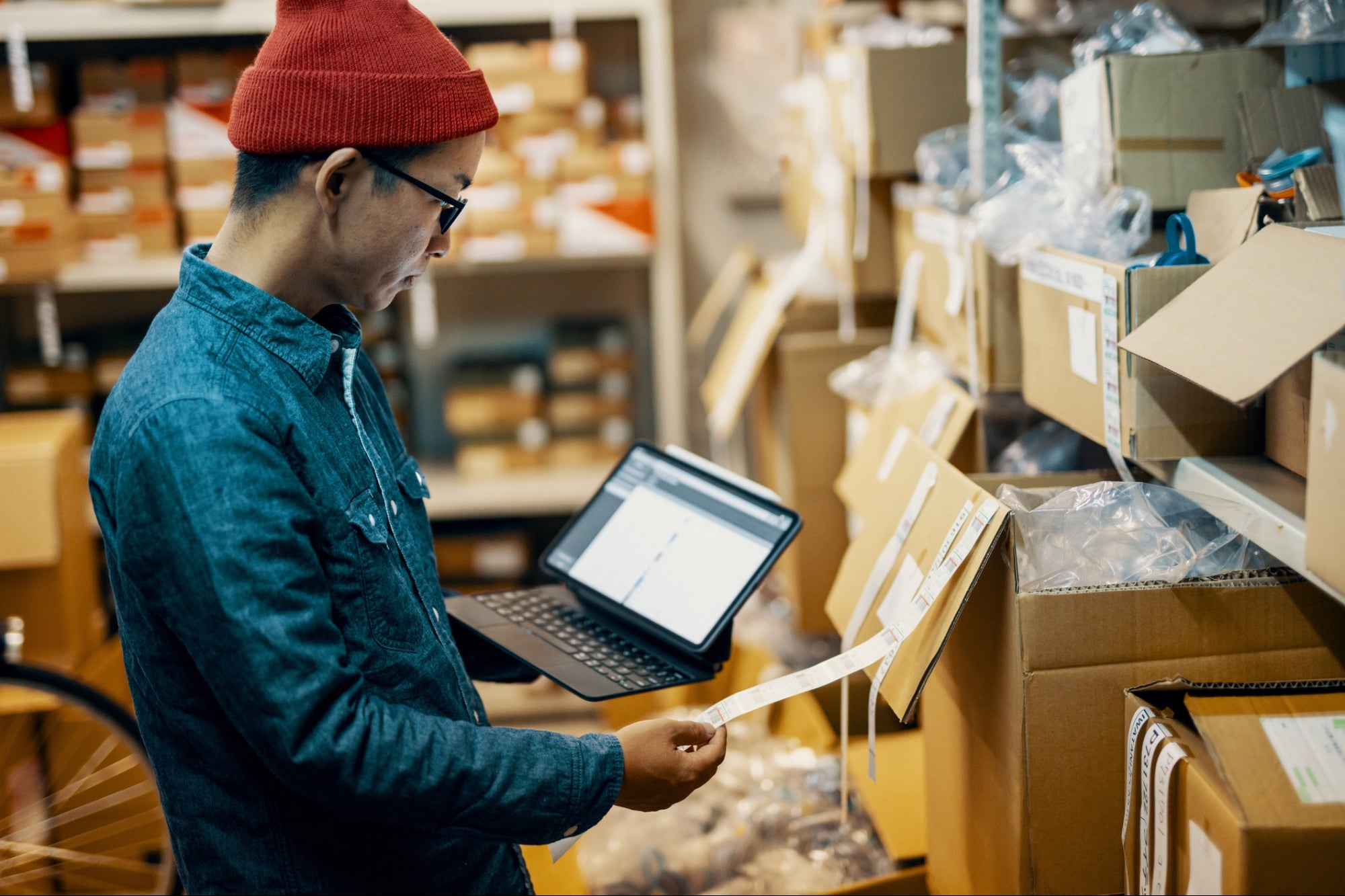Facial Recognition Tech Even Google Determined Was 'Too Dangerous' Raises Alarm Bells, Privacy Concerns PimEyes, a facial recognition website, enables individuals to find someone's identity on the internet by uploading their picture.
By Madeline Garfinkle Edited by Jessica Thomas
Key Takeaways
- PimEyes has raised controversy due to its potential misuse as a surveillance tool.
- Its capabilities have been compared to a technology that Google determined was too dangerous to release to the public.
Opinions expressed by BIZ Experiences contributors are their own.
A consistent social media presence leaves little room for mystery, especially if one's profile is public. However, as technology progresses, one might not even need to be on social media for their face to be recognizable on the internet.
PimEyes, a facial recognition website, uses AI-powered reverse image technology to allow users to upload a picture of anyone — even a stranger — and find their identity.
Initially conceived by two computer programmers in Poland, PimEyes scans a face within a photograph and delves into the depths of the internet, unearthing images of individuals that they might not have been aware of, NPR reported. Although the company contends that its service aids individuals in monitoring their online presence, it has sparked controversy due to its potential for misuse by stalkers and other bad actors.
"[Former Google CEO] Eric Schmidt as far back as 2011 said this was the one technology that Google had developed and decided to hold back, that it was too dangerous in the wrong hands — if it was used by a dictator, for example," Kashmir Hill, New York Times reporter and author of Your Face Belongs to Us, told NPR.
PimEyes offers a basic version free of charge for anyone to use, with three tiers of advanced features available for a monthly subscription fee — $29.99, $79.99 and $299.99. One of the features included with the nearly $300 "advanced" subscription is what the company says is "Deep Search (more thorough search)."
Related: What is Lensa AI? And Does it Pose Privacy and Ethical Concerns?
PimEyes imposes rules that specify users can only search for themselves or individuals who have consented to a search. However, there are no significant barriers preventing individuals from conducting searches on others without their permission, NPR reported.
"If facial recognition is deployed widely, it's virtually the end of the ability to hide in plain sight, which we do all the time, and we don't really think about," Woodrow Hartzog, a professor at Boston University School of Law specializing in privacy and technology, told the outlet.
Hartzog advocates for governmental regulation or even bans on such tools before they become too widely available to the public.
"I simply don't see a world where humanity is better off with facial recognition than without it," he added.
PimEyes has garnered significant traction on social media platforms like TikTok. Videos showcasing the use of the tool have millions of views, including one video that has racked up over two million views. In it, a user deploys the technology and other tools to identify a camera operator at a Taylor Swift concert, subsequently exposing his full name and Instagram profile in the video. "This is terrifying," one user commented, "All fun and games but no this is actually scary."
PimEyes allows individuals to opt out of its database by filling out a request form, which requires a photo of their face and ID verification.
Related: As Privacy Concerns Increase, Look Deeper Than Data for Innovation Opportunities












